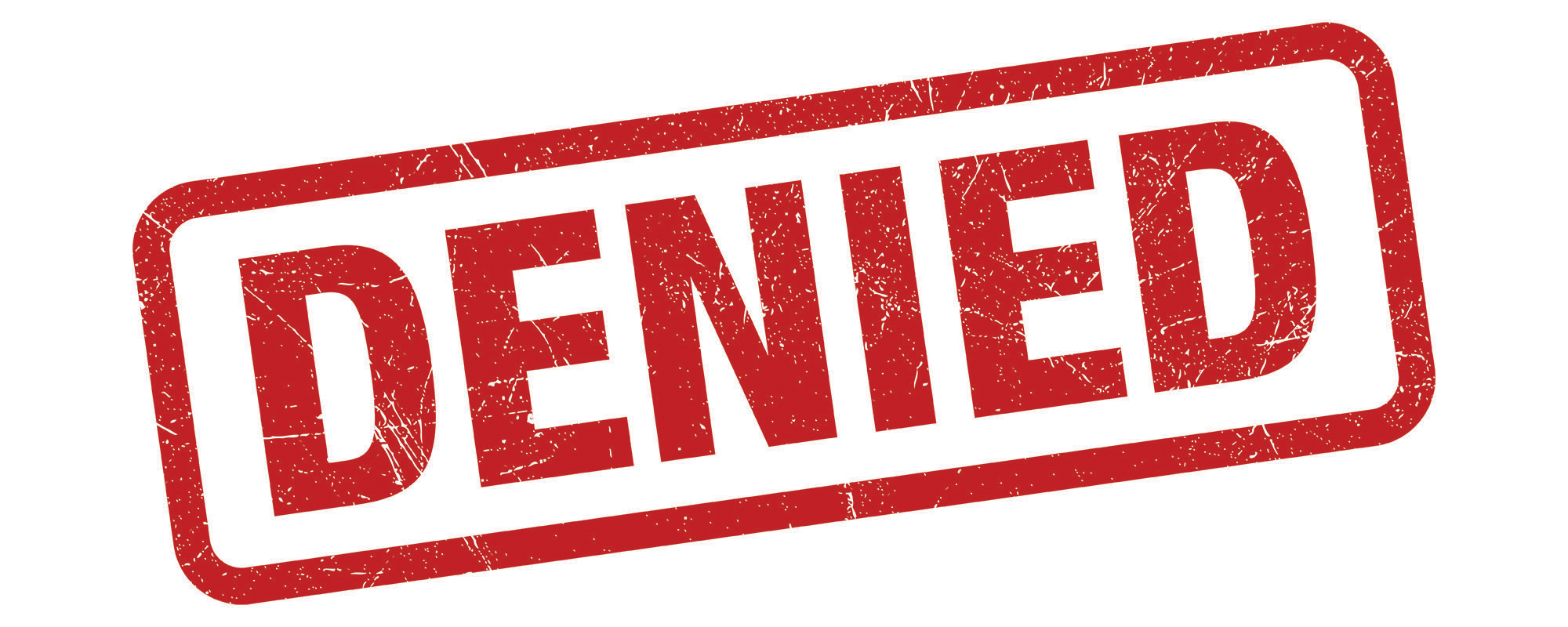There is a special kind of denial that all legal professionals dream to have come across their desk: when the VA denied the claim even though there was evidence, and it was contained in government records.
This could be because the Veteran was part of an action that was classified or that the VA rater completely ignored evidence in the record smack dab in front of their face.
The relevant regulation is 38 CFR 156. Subsection A addresses “new evidence” that was not used to decide your claim. Subsection C addresses “service records,” which means any record in the Government’s possession, custody, or control, and the effective date of the claim.
When those records are identified, the VA must grant the claim and must assign an effective date equal to what the initial claim effective date should have been.
This is one of the easiest claim errors to get corrected and one of the easiest to screw up. Legal strategy is the key. This is a supplemental claim, not a CUE (clear and unmistakable error). Filing it incorrectly can irreparably damage your case.
While it is a legal error and could be submitted as a CUE, you only get one bite at that apple. Here’s what could happen (it’s actually happened in a case we were assigned): the VA agrees the case was incorrectly adjudicated and awards the service connection and assigns a rating, but then sets an effective date to that of the supplemental claim vs. the original effective date. That creates a second legal error!
However, because the filing was adjudicated as a supplemental claim, the CUE argument remains to be used for the incorrect effective date. Professionals will argue and say that they are separate legal errors: true. And as a result, they can create individual CUEs, but why risk the VA disagreeing when you don’t have to file the first as a CUE? Good strategy wins the day.
